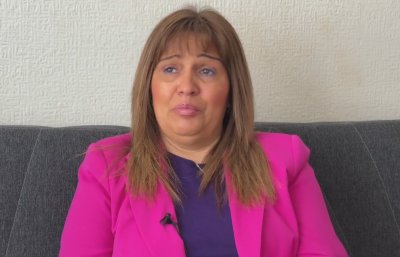ИЗВЕСТИЯ
Моите новини
Теменужка Петкова: Заплатите в бюджетния сектор ще бъдат...
Чете се за: 01:00 мин.

Мъж загина след срутване на навес в София, други двама са...
Чете се за: 00:57 мин.

Президентът Румен Радев връчва третия мандат в петък
Чете се за: 00:57 мин.

Парламентът намали лихвите по студентските кредити на 3%
Чете се за: 00:37 мин.
Проверките на НАП: 116 нарушения и 12 наказателни...
Чете се за: 01:57 мин.






 Чуй новините
Чуй новините Подкаст
Подкаст




















